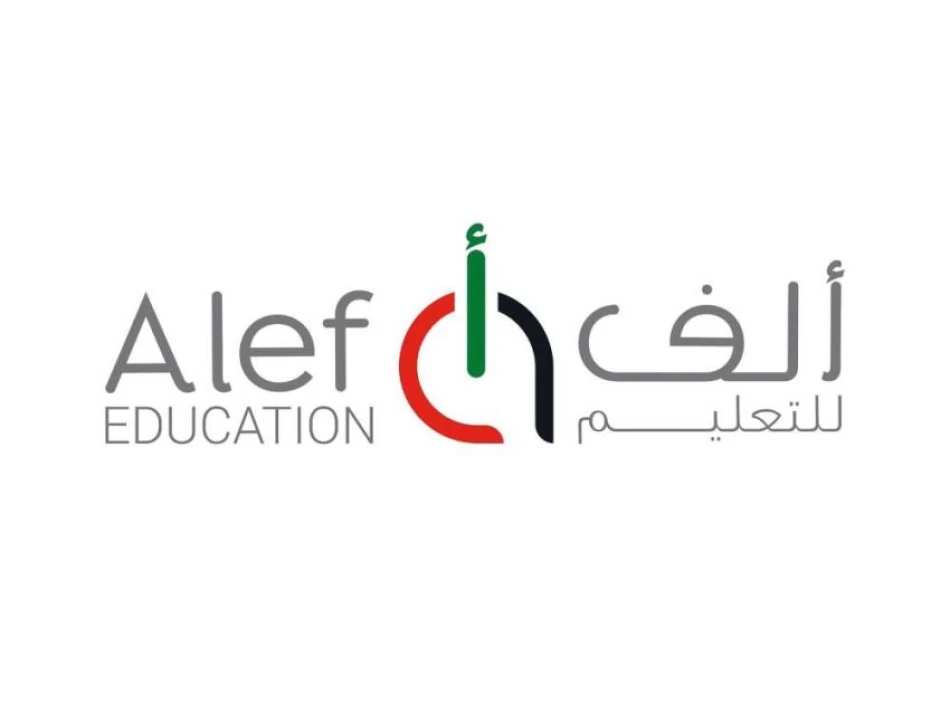
Unlocking the Future: Innovative AI-Driven Education Collaboration
UAE EdTech Giant Partners with US AI Firm to Transform Learning for 1.5 Million Students
Alef Education, the Dubai-based educational technology leader, has struck a strategic partnership with Boston's Liquid AI to integrate advanced generative artificial intelligence into classrooms serving over 1.5 million students across 14,000 schools globally. The collaboration marks a significant step toward AI-powered personalized learning at unprecedented scale, positioning the UAE as a hub for next-generation educational innovation.
Strategic Alliance Targets Global Education Market
The partnership will embed Liquid AI's proprietary generative AI models directly into Alef Education's existing learning platforms, which currently serve K-12 students worldwide. Unlike generic AI tools, this integration promises tailored educational experiences that adapt to individual learning patterns while maintaining data privacy standards crucial for educational institutions.
Dr. Ramin Hasani, CEO and co-founder of Liquid AI, emphasized the transformative potential: "We aim to expand and enhance the impact of generative AI in the educational landscape. Our collaboration paves the way for a qualitative leap in personalizing the educational experience and improving the productivity of schools, teachers, and students, while ensuring privacy and seamless access."
UAE's Growing EdTech Ambitions
This partnership aligns with the UAE's broader strategy to become a global technology hub, following successful initiatives in fintech and smart city development. The Emirates has consistently invested in AI infrastructure, with the government launching the UAE Strategy for Artificial Intelligence 2031, which targets AI integration across key sectors including education.
Alef Education's reach extends far beyond the Middle East, with implementations across Asia, Africa, and North America. This global footprint provides Liquid AI with immediate access to diverse educational markets and regulatory environments—a significant advantage over competitors focused solely on domestic markets.
Competitive Landscape and Market Implications
The move comes as educational AI companies face increasing scrutiny over data privacy and learning effectiveness. While firms like Khan Academy have partnered with OpenAI for tutoring applications, the Alef-Liquid AI collaboration focuses on institutional-level integration rather than consumer-facing tools.
Jeffrey Alfonso, CEO of Alef Education, positioned the partnership as market differentiation: "This collaboration represents an important step in this path, enhancing our position as a global leader in delivering personalized and high-impact educational experiences, centered on empowering teachers and inspiring learners."
Infrastructure Challenges and Scalability
The partnership specifically addresses infrastructure barriers that have limited AI adoption in emerging markets. By designing solutions that work across varying technological environments, the companies aim to democratize access to advanced educational tools regardless of local connectivity or hardware limitations.
This approach contrasts with Silicon Valley EdTech firms that often require high-bandwidth internet and modern devices—assumptions that exclude millions of students in developing regions where Alef Education maintains significant presence.
Investment and Growth Implications
For investors, this partnership signals maturation in the EdTech sector, moving beyond pandemic-driven growth toward sustainable, AI-enhanced learning models. The collaboration could accelerate Liquid AI's valuation trajectory while providing Alef Education with technological differentiation in an increasingly crowded market.
The timing is strategic: as governments worldwide increase education technology budgets, partnerships that combine regional expertise with cutting-edge AI capabilities are likely to capture disproportionate market share. Early implementation across 1.5 million students provides both companies with valuable real-world data to refine their offerings before competitors achieve similar scale.
Most Viewed News

 Omar Rahman
Omar Rahman






